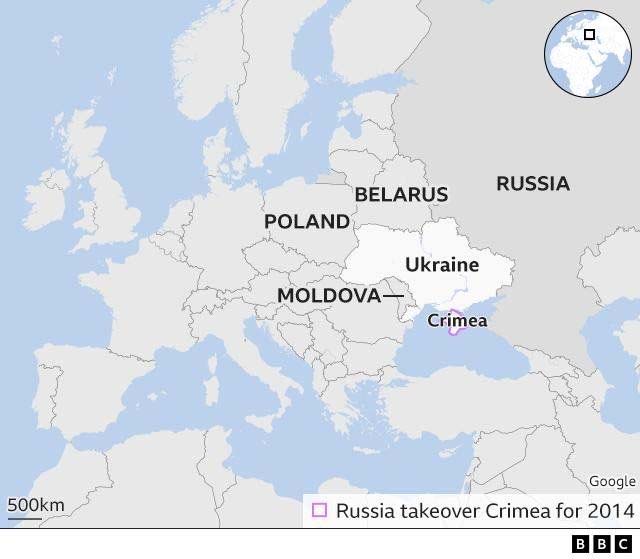25 June, 2023
 Reportedly, Yevgeny Prigozhin, leader of the Wagner Group, is now domiciled in Belarus at the invitation of President Lukashenko, whose own tenure as President is problematic, while the main body of Wagner Group's soldiers are being given the option to join Russia's formal military establishment. Possible deductions follow.
Reportedly, Yevgeny Prigozhin, leader of the Wagner Group, is now domiciled in Belarus at the invitation of President Lukashenko, whose own tenure as President is problematic, while the main body of Wagner Group's soldiers are being given the option to join Russia's formal military establishment. Possible deductions follow.
- With separation of leadership from the led, the level of Wagner Group's real or perceived threat to Putin, Russia's political and military leadership and to Russia's security sector is reduced, at least for the moment. Other internally sourced threats may remain extant if not also recalibrated.
- Such addition of manpower to Russia's military establishment may not necessarily increase the probability of Russia's winning the conventional war against Ukraine. Russia's organic political and military leadership and doctrine have appeared wanting since Russia's invasion of Ukraine 24 February 2022. Wagner Group's troups are nominally mercenaries, leading one to question: (1) the calibre of their military training; (2) their assimilability and effective deploy-ability into larger military formed bodies; (3) their sustained loyalty to their new sovereign employer.
- What will Prigozhin do in Belarus? He may face a number of options. He may serve as: (1) a bona fide friendly security advisor to President Lukashenko, who is nominally Putin's ally; (2) a leader in exile waiting to regain his command over the Wagner Group and attempt another regime change of some description; (3) a deep-operations proxy for President Putin to aid in undermining Lukashenko's leadership in Belarus and thereby enable Russia to annex Belarus and thereby open a second, western front against Ukraine and hence require Ukraine to allocate its military assets between the current offensive operations eastward and new defensive operations westward, recalling Russia annexed Crimea 20 February 2014; (4) an opportunist, and change course among the foregoing over time as events unfold elsewhere unfold.
- As two symbiotic narratives are now extant in eastern Europe rather than one, the number of diplomatic options that western nations and international organizations must assess and execute in response increases. This presents an opportunity to determine which western and Asian sovereigns have diplomatic acumen, and which sovereigns do not. The EU, NATO and OSCE may likely take a greater role whereas the UN Security Council cannot, given that Russia enjoys veto power on its resolutions – another argument for advancing the long-standing issue of UN reform.
- It is probable that political leadership regimes of other sovereigns in other regions who are currently or will now become concerned about real or perceived internal threats to their tenures are following this matter closely and taking remedial steps to mitigate such threats.
LJ Howard, PhD, LLM, MA
